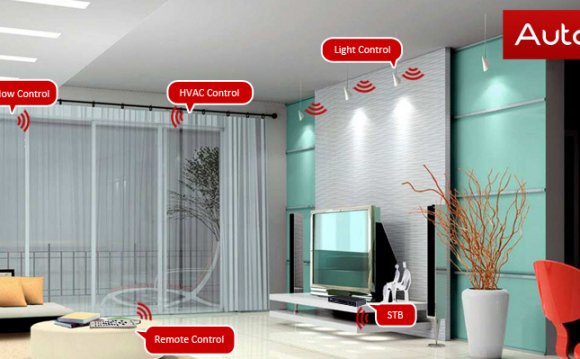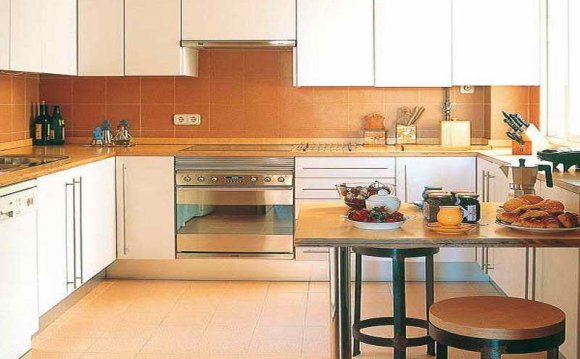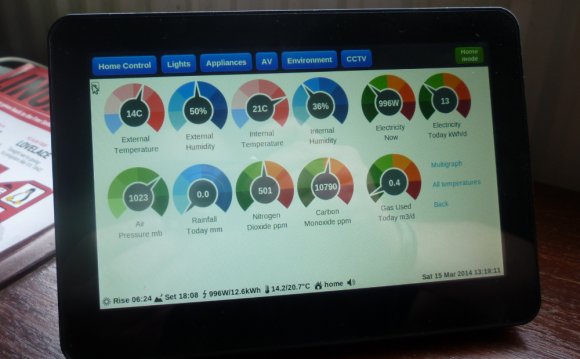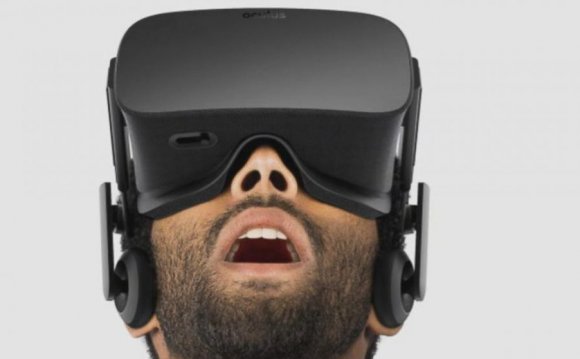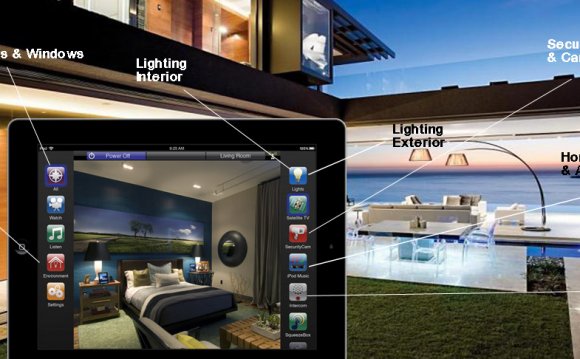
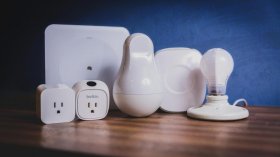 Home automation is absolutely nothing brand-new, but a current growth in smart-home tech features thrust it straight to the limelight. Smart-home kits, sensors and gadgets have-been for the past 2 yrs, with big brands like Apple, Bing, GE and Microsoft there in the dense from it. That is not astonishing, considering that marketplace specialists predict the wise residence's market share will be really worth tens of billions next several years.
Home automation is absolutely nothing brand-new, but a current growth in smart-home tech features thrust it straight to the limelight. Smart-home kits, sensors and gadgets have-been for the past 2 yrs, with big brands like Apple, Bing, GE and Microsoft there in the dense from it. That is not astonishing, considering that marketplace specialists predict the wise residence's market share will be really worth tens of billions next several years.
All of that activity adds up to a rapidly growing quantity of things when you look at the "online of Things, " with many different systems contending to control them all. That may result in the concept of getting the wise home began a bit daunting, but try not to be concerned. That it is easier than ever before to begin automating your house - provided you understand your alternatives.
This movement sensor from Belkin can trigger your smart-home gadgets with regards to views you enter the area. Ry Crist/CNET
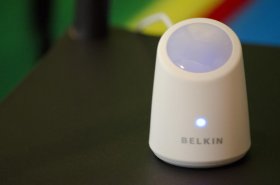 How does home automation work?
How does home automation work?
Think about the automated house as a human human body. It must have the ability to feel things, procedure information and respond correctly. Various smart-home devices do various things, but them all come under one of these those three functions.
The first function, good sense, is probably the most crucial, which is why you will see many smart-home gadgets with integral detectors for things like movement and temperature, along with devices dedicated exclusively to keeping track of them. These devices would be the nervous system for the wise home - they are able to sense the environmental surroundings around all of them one way or another, providing vital context for the choices your automated house will make.
It is possible to automate this Lifx smart resulted in switch on, turn off or change colors. Tyler Lizenby/CNET
The devices which make those choices as well as do things are the muscle tissue of this wise house. a movement detector might feel you stepping out of sleep each day, but it's the automated coffee machine that reacts to that information, beginning a brew that is to be ready right while you're getting out of the bath.
Larger, much more elaborate setups with several different "nerves" and "muscles" could need an independent product or accessory to handle and process all that information, especially if the different devices are unable to work directly with one another. Smart domiciles such as these need more than simply muscles and nerves - they want a brain.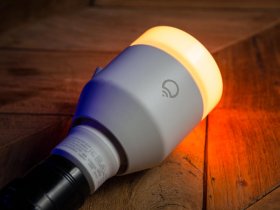 that is where hubs can be found in.
that is where hubs can be found in.
An intelligent hub such as the people from SmartThings and Wink can act as your smart house's mind. Tyler Lizenby/CNET
Smart hubs are designed to get a handle on numerous devices, also ones from various manufacturers. Good one will integrate every wise part of your property into just one, smooth house automation knowledge, and gives consolidated controls within just one software.
Usually, a hub should include numerous radios for preferred smart home protocols like Z-Wave and Zigbee - the cordless "languages" of smart-home gadgetry. This enables the hub to "talk" to everything in its indigenous language, after that convert that resources into a Wi-Fi sign you (as well as your router) can realize and place to make use of. Using right hub, you can actually increase one's body significantly without things getting too complicated.
Another way to give your automated home a mind is always to unite your products behind a singular software system. That is what Apple's attempting to do with HomeKit, an iOS-based software design that will let you manage several third-party products through your iPhone, with voice control via Siri. You might like to result in the instance that falls to the exact same category, with a growing number of devices tailoring their own software to mesh really using the high-profile .










